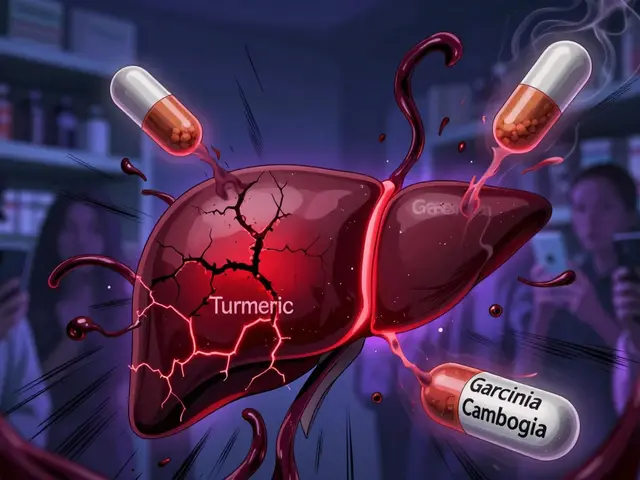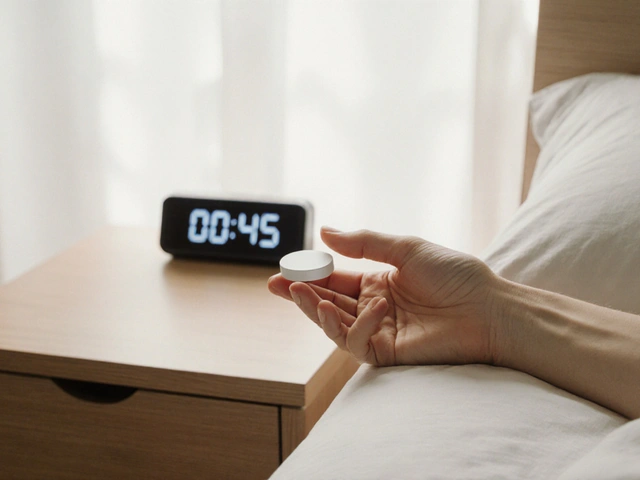Herbal and Supplement Liver Toxicity: What to Avoid
February 16 2026ACE Inhibitors – What They Do and Why You Might Need One
If your doctor mentioned an ACE inhibitor, you’ve probably heard it’s a blood‑pressure pill. In plain terms, these meds help the heart pump easier by stopping a chemical called angiotensin II from tightening your vessels. The result? Lower pressure, less strain on your heart, and better blood flow.
How ACE Inhibitors Work
The short story: your kidneys release an enzyme that makes angiotensin‑I, then another step turns it into angiotensin II – the molecule that narrows arteries. ACE inhibitors block that second step, so the arteries stay relaxed and blood can move smoothly. Because they also lower a hormone called aldosterone, you often lose less fluid, which helps with swelling in heart failure.
Common ACE Inhibitor Drugs & Their Uses
Names you’ll see on prescriptions include lisinopril, enalapril, ramipril, and quinapril. They’re not just for high blood pressure; doctors also use them after a heart attack, in chronic kidney disease, or when someone has diabetic kidney problems. The dose varies, but most start low to avoid sudden drops in pressure.
Side effects are usually mild. A dry cough shows up in about 10 % of people – it’s the drug’s way of irritating your throat a bit. Some folks get dizziness or feel light‑headed when they stand up quickly; that’s called orthostatic hypotension and often fades after a week or two.
Serious reactions are rare but worth watching for: swelling of lips, tongue, or face could mean an allergic response, and a sudden rise in potassium levels might cause heart rhythm issues. If any of these happen, call your doctor right away.
Interaction wise, avoid combining ACE inhibitors with NSAIDs like ibuprofen unless your doctor says it’s safe – those can blunt the blood‑pressure drop and stress the kidneys. Also, be careful with potassium‑rich foods or supplements because the drug already raises potassium a bit.
Taking your pill consistently is key. Skipping doses can cause rebound spikes in pressure, which feel like headaches or blurry vision. If you miss one, take it as soon as you remember unless it’s almost time for the next dose; then just skip the missed one.
For best results, pair the medication with lifestyle tweaks: cut back on salty snacks, stay active, and keep an eye on your weight. Regular check‑ups will let your doctor adjust the dose based on blood‑pressure readings and kidney labs.
Bottom line? ACE inhibitors are a trusted tool for controlling hypertension and protecting the heart. Knowing how they work, what to expect, and how to avoid pitfalls makes the experience smoother and keeps you healthier in the long run.
 18 Mar
18 Mar
Lisinopril Alternatives: Exploring 8 Effective Options
Looking for a change from Lisinopril? This insightful guide highlights eight alternatives, each with unique benefits and downsides. Understand how medications like Fosinopril differ and discover which might be a better fit for managing blood pressure or heart conditions. Perfect for those seeking informed healthcare choices.
Read More...




